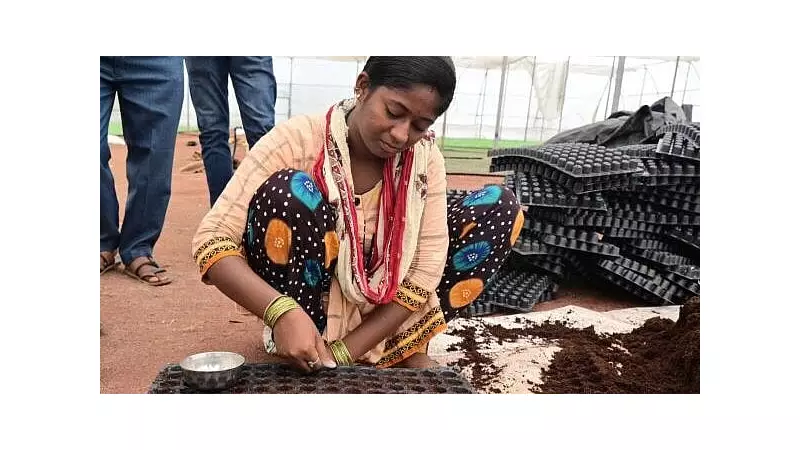
In the heart of Karnataka's agricultural landscape, a quiet revolution is taking root—one seed at a time. What began as a personal mission by farmer Thimmakka CP has blossomed into a movement that's changing the face of rural farming across the state.
The Seed That Started It All
Thimmakka's journey into seed preservation wasn't born in a laboratory or corporate boardroom, but from the rich soil of practical necessity. Recognizing the growing dependence on commercial seeds and the loss of traditional varieties, this visionary farmer decided to take matters into her own hands.
"When I started, people thought I was collecting useless things," Thimmakka recalls with a gentle smile. "But I knew these seeds held our future."
More Than Just Preservation
What makes this initiative remarkable isn't just the act of collecting seeds, but the comprehensive ecosystem built around them. The seed bank operates on several transformative principles:
- Community Empowerment: Local farmers actively participate in seed collection and sharing
- Knowledge Transfer: Traditional farming wisdom is preserved alongside the seeds
- Economic Independence: Reduced reliance on expensive commercial seeds
- Biodiversity Conservation: Protection of native crop varieties adapted to local conditions
The Ripple Effect Across Karnataka
The impact of this seed preservation movement extends far beyond individual farms. Communities are witnessing multiple benefits:
- Improved Food Security: Diverse crops ensure harvests even in challenging conditions
- Climate Resilience: Native varieties often better withstand local weather patterns
- Cost Reduction: Farmers save significantly on seed purchases each season
- Healthier Soils: Crop diversity naturally enriches soil quality
A Model for Sustainable Agriculture
Experts are now looking at Thimmakka's initiative as a potential blueprint for sustainable agriculture across India. The model demonstrates how traditional knowledge and community participation can create resilient farming systems that benefit both people and the planet.
"This isn't just about preserving the past—it's about securing our agricultural future," notes Dr. Rajeshwari, an agricultural scientist studying the project. "The success in Karnataka shows that sustainable solutions often come from the ground up."
As more villages adopt similar practices, the movement continues to grow, proving that sometimes, the smallest seeds can yield the biggest changes.






